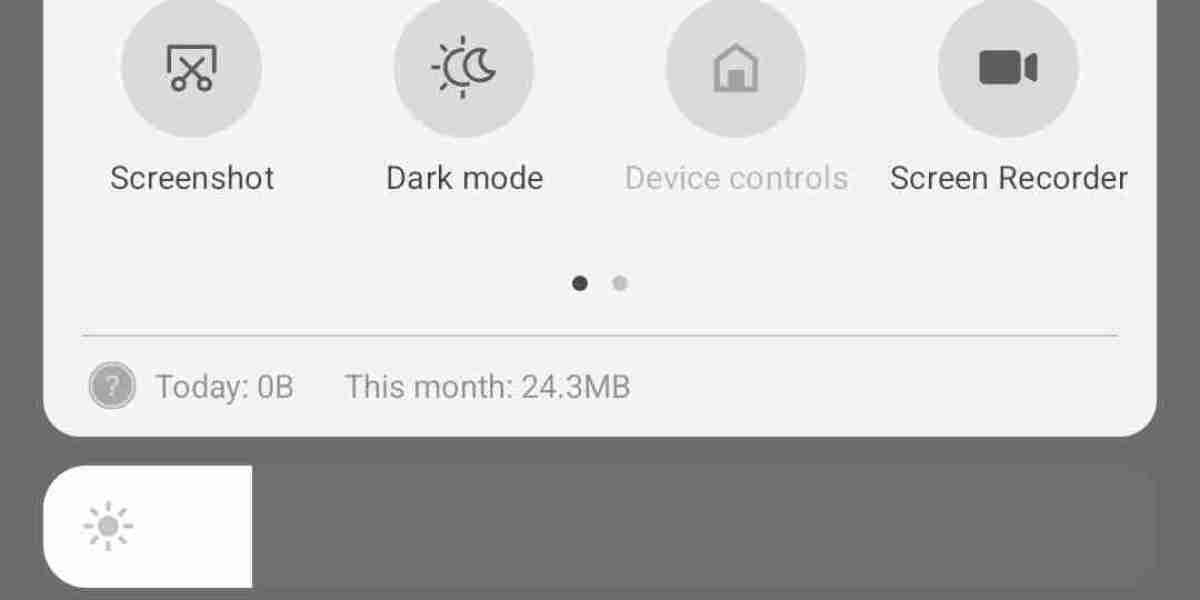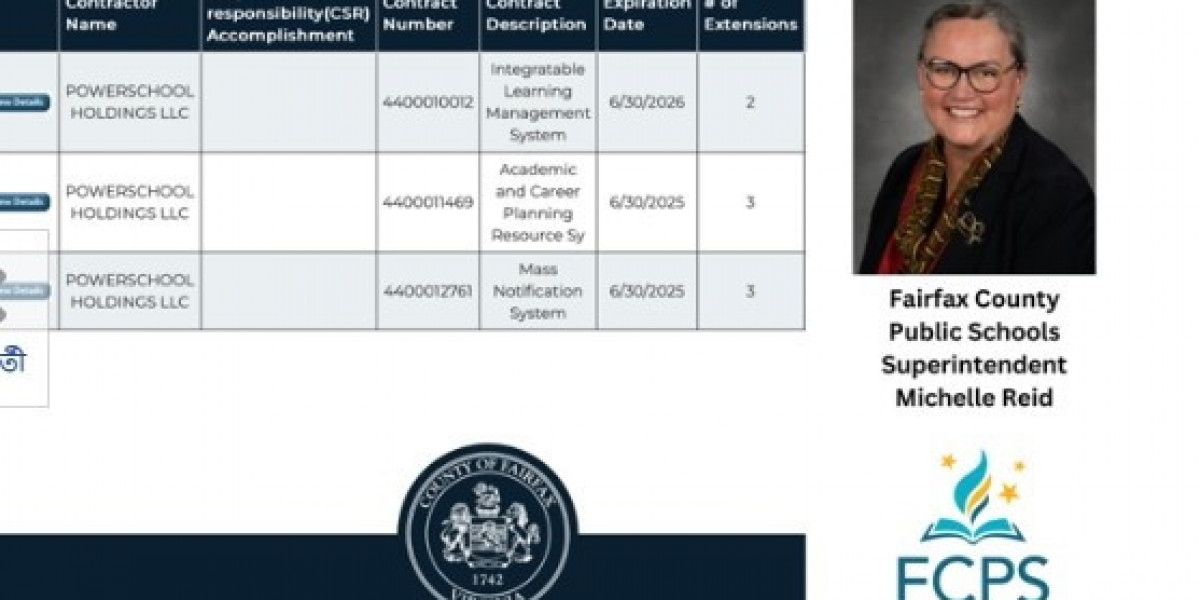Born through the Big Bang. The universe is getting bigger than that. being expanded. And gradually the speed of expansion is increasing. But how fast is the universe growing? The correct answer to this question will tell us whether our old ideas about the universe are right or wrong.
The fifth ball of the universe
The universe is big. very big Looking anywhere in the universe, I can see a maximum of 4,600 billion light-years away. Since its birth 1,380 million years ago, the most distant light in the universe has been able to reach us. But this is just a guess. At least no one can say exactly how big our observable universe is. We don't even know the exact age of the universe. That is why there is no way to tell how big the universe or the observable universe is.
Yet scientists are desperate to get a better estimate. One tool in that effort is the Hubble constant. This number is a measure of how fast the universe is expanding. There is no alternative to knowing this constant if we want to know both the size and age of the universe accurately. The universe is somewhat similar to what happens when a balloon is inflated. Galaxies and stars are like dots on a balloon. All points are moving away from each other. The more distant they are, the faster they move. That means, the farther away the galaxy is from us, the faster it is receding.
But the Hubble constant is like a golden deer. The more scientists measure it, the more it disproves our understanding of the universe. One value is obtained by measuring in one way and another value is obtained by measuring in another way. One way is to measure directly. Another way is to derive values based on what we know about the universe. What does it mean that these two standards do not agree? Either the measurements are wrong, or our understanding of the universe is messed up.
But scientists now believe that they have come very close to the correct quality. The reason for this confidence is some new observations and experiments. A major drawback is the engineering aspect. How accurate and precise we can measure with our equipment is very important. For this, it is not enough to collect only one set of data. The accuracy of the measurement method should be verified by as many means as possible. It is also easier to rule out an unsolved murder case.
The constant was first measured by Hubble himself, after whom the constant is named. Measuring in 1929, he found its value to be 500 kilometers per second or 310 miles per megaparsec. This means that for every 1 megaparsec distance, the galaxy is moving away from us at a speed of more than 500 kilometers per second. 1 parsec is equal to 3.26 light years of the speed of light. And Mega is 10 million times that. To understand 1 megaparsec in kilometers, write 309 and put 17 zeros to its right.
Hubble's measurements have been revised many times over the past 100 years or so. The received value has dropped a lot. For most of the 20th century, the value was between 50 and 90 units. Using the LambdaCDM model of the universe and observations of the cosmic background radiation in the 1990s, the value of the constant is close to 70. The Planck mission measurements in 2018 say this value will be around 67.44.
But again in March 2019, a value around 74.03 was found by measuring through the Hubble Space Telescope. The reason for calling the values around is that these values, which are derived using many samples, always have some statistical uncertainty. As correct as the last measurement says, the value of the constant is 74.03 ±1.42. Currently, the value of the constant is considered to be 67 to 74.



















































